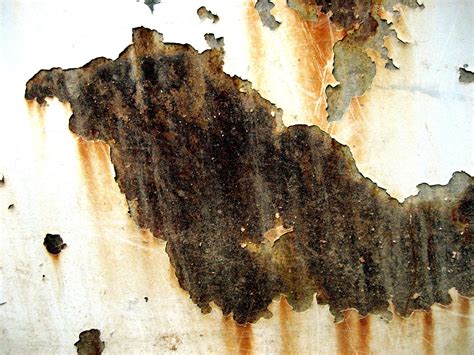The concept of deteriorative meaning refers to the process by which the significance or interpretation of a word, phrase, or idea becomes less precise or less powerful over time. This phenomenon can occur due to various factors, including changes in language use, cultural shifts, or the influence of technological advancements. As a result, the original intent or meaning behind a particular term may become diluted, distorted, or even lost entirely. Understanding deteriorative meaning is essential in fields such as linguistics, communication studies, and cultural analysis, as it provides insights into how language and its usage evolve over time.
Key Points
- The process of deteriorative meaning involves the gradual loss of precision or power in the interpretation of words, phrases, or ideas.
- Changes in language use, cultural shifts, and technological advancements are among the factors that contribute to deteriorative meaning.
- Understanding deteriorative meaning is crucial in fields like linguistics, communication studies, and cultural analysis.
- The study of deteriorative meaning can provide valuable insights into the evolution of language and its usage over time.
- Recognizing deteriorative meaning can help in preserving the original intent or significance of words, phrases, or ideas.
Nature of Deteriorative Meaning

Deteriorative meaning is a complex and multifaceted concept that can manifest in various ways. One common form is the process of semantic bleaching, where the original meaning of a word becomes less intense or vivid over time. For instance, the word “awful” initially meant “awe-inspiring” or “fearful,” but its meaning has shifted to simply “bad” or “unpleasant.” This change in meaning illustrates how words can undergo a process of semantic degradation, leading to a loss of their original significance.
Factors Contributing to Deteriorative Meaning
Several factors contribute to the development of deteriorative meaning. One significant factor is the influence of technological advancements, which can lead to changes in language use and communication patterns. The rise of social media, for example, has given rise to new forms of language and communication, such as emojis and hashtags, which can alter the way we interpret and use words. Additionally, cultural shifts and changes in societal values can also impact the meaning of words and phrases, as certain terms may become associated with new ideas or connotations.
| Factor | Description |
|---|---|
| Language Use | Changes in language use, such as the emergence of new words or phrases, can contribute to deteriorative meaning. |
| Cultural Shifts | Changes in cultural values or societal norms can impact the meaning of words and phrases, leading to deteriorative meaning. |
| Technological Advancements | The rise of new technologies, such as social media, can alter language use and communication patterns, contributing to deteriorative meaning. |

Implications of Deteriorative Meaning

The implications of deteriorative meaning are far-reaching and can have significant effects on communication, culture, and society. One major concern is the potential for miscommunication or misunderstandings that can arise when words or phrases have multiple or conflicting meanings. Additionally, deteriorative meaning can also impact the way we perceive and understand historical texts or cultural artifacts, as the original meaning or context may be lost or distorted over time.
Preserving Original Meaning
To mitigate the effects of deteriorative meaning, it is essential to develop strategies for preserving the original intent or significance of words, phrases, or ideas. One approach is to engage in linguistic conservation efforts, such as documenting and analyzing language use over time. Additionally, educators and communicators can play a crucial role in promoting language awareness and critical thinking, helping individuals to recognize and appreciate the complexities of language evolution.
What is deteriorative meaning, and how does it occur?
+Deteriorative meaning refers to the process by which the significance or interpretation of a word, phrase, or idea becomes less precise or less powerful over time. It can occur due to changes in language use, cultural shifts, or technological advancements.
What are the implications of deteriorative meaning, and how can we mitigate its effects?
+The implications of deteriorative meaning are far-reaching and can have significant effects on communication, culture, and society. To mitigate its effects, we can engage in linguistic conservation efforts, promote language awareness and critical thinking, and develop strategies for preserving the original intent or significance of words, phrases, or ideas.
How can we preserve the original meaning of words, phrases, or ideas in the face of deteriorative meaning?
+We can preserve the original meaning of words, phrases, or ideas by documenting and analyzing language use over time, promoting language awareness and critical thinking, and engaging in linguistic conservation efforts. Additionally, educators and communicators can play a crucial role in promoting language awareness and critical thinking, helping individuals to recognize and appreciate the complexities of language evolution.
In conclusion, deteriorative meaning is a complex and multifaceted concept that reflects the dynamic nature of language. By understanding the factors that contribute to deteriorative meaning and developing strategies for preserving the original intent or significance of words, phrases, or ideas, we can better appreciate the complexities of language evolution and promote effective communication, cultural understanding, and societal cohesion.



